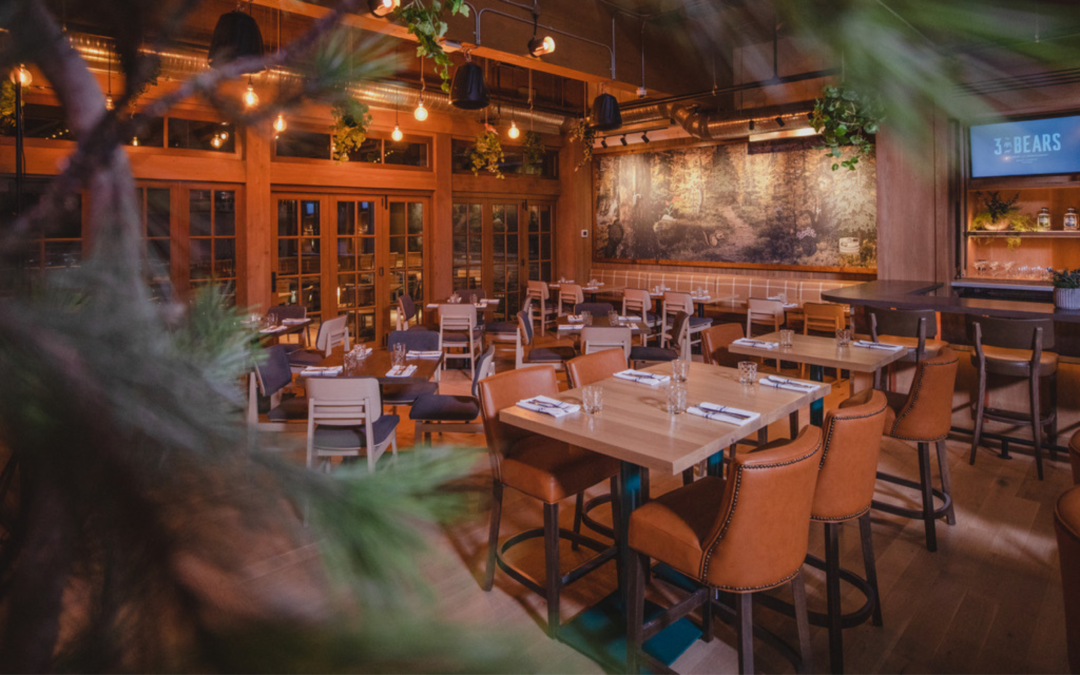Furniture for hotels and restaurants is pivotal in shaping the ambiance, comfort, and overall guest experience. Whether in a boutique hotel lobby or a bustling restaurant dining area, well-chosen furniture sets the tone for guests’ interactions and impressions. Here are vital considerations when selecting furniture for hotels and restaurants.
Style and Aesthetic Appeal
Furniture should reflect the establishment’s overall design theme and ambiance. From contemporary chic to classic elegance, the furniture style sets the mood for guests. In hotels, lobby furniture often forms the first impression, while restaurant furniture contributes to the dining experience. Harmonizing furniture styles with the overall decor creates a cohesive and inviting atmosphere.
Comfort and Functionality
Comfort is paramount in hotel lounges and restaurant dining areas. Chairs, sofas, and banquettes should provide adequate support and cushioning for guests to relax and enjoy their surroundings. Tables should be comfortable for dining, with ample space for plates and utensils. Ergonomic design principles ensure that furniture is both comfortable and functional.
Durability and Maintenance
High-traffic areas in hotels and restaurants require furniture that can withstand constant use and frequent cleaning. Commercial-grade materials such as hardwood, metal, and laminate are durable and easy to maintain. Stain-resistant upholstery and finishes simplify cleaning and upkeep, prolonging the lifespan of furniture pieces and minimizing downtime for maintenance.
Flexibility and Versatility
Flexibility in furniture design allows for seamless adaptation to various spaces and configurations. Modular seating arrangements and adjustable tables accommodate different group sizes and layouts, optimizing space utilization.
Furniture that can be easily rearranged for events or seasonal changes enhances the versatility of hotel lobbies and restaurant spaces.
Branding and Identity
Furniture serves as a visual representation of the hotel or restaurant brand. Customization options such as branded upholstery, logo embossing, and bespoke finishes reinforce brand identity and create a memorable guest experience. Consistency in design elements across furniture pieces strengthens brand recognition and guest loyalty.
Sustainability and Eco-Friendliness
Increasingly, hotels and restaurants prioritize sustainability in their furniture choices. Sustainable materials, such as FSC-certified wood and recycled metals, minimize environmental impact while promoting responsible sourcing practices. Eco-friendly furniture options align with the values of environmentally conscious guests and contribute to sustainable hospitality practices.
In conclusion, furniture for hotels and restaurants is critical to creating inviting and functional spaces for guests to relax, dine, and socialize. By considering factors such as style, comfort, durability, flexibility, branding, and sustainability, hotel and restaurant owners can select furniture that enhances the guest experience and supports the overall ambiance of their establishments.

